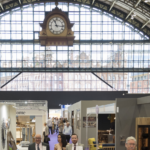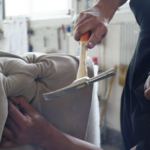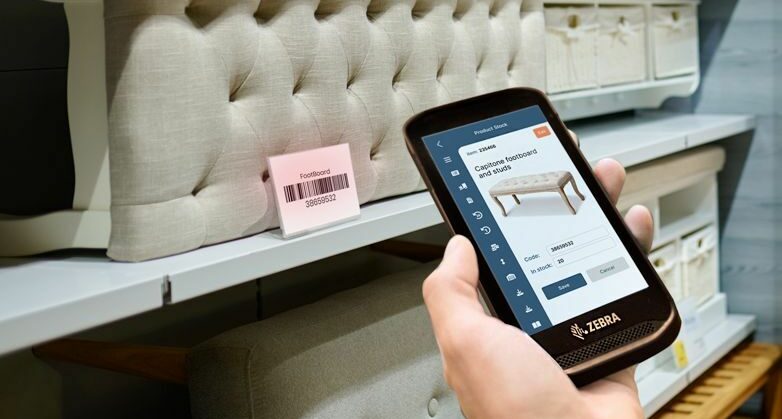Administrators of collapsed online furniture retailer Made.com has detailed the huge debts accumulated by the brand ahead of its collapse, with creditors being owed almost £200m.
Zelf Hussain, Peter Dickens and Rachael Wilkinson of PricewaterhouseCoopers LLP (PwC) were appointed as joint administrators of MADE on 8 November 2022.
Detailed in newly filed documents on Companies House, unsecured creditors were owed over £186.5m, which are expected to receive a payout of between 0.6p and 1.6p in the pound over the next 12-24 months, while secured creditor Silicon Valley Bank, owed £3.8m, will be paid back in full in around 6-9 months.
Preferential claims, made up of mainly employee redundancy claims, totalled £500,000. It is understood that first ranking claims will be repaid in full. The second preferential claim is from the HMRC, which is around £3.5m.
At the date of appointment, MADE had around £12.5m of stock available across London Gateway, a warehouse in Redditch and a warehouse in Antwerp, Belgium. There was also a further £2.5m of stock in transit to the UK or mainland Europe via ships. Following over 40 third party enquires on the stock, auctioneer John Pye was appointed to sell the stock through auction over the next nine months. This commenced from 21 November.
Meanwhile, the Trouva (Streethub) online business has been listed for sale after being carved out of MADE’s assets due to the company only acquiring the platform four months ago. Administrators are expected to find a solution for the business by the end of the year.
As for customers, those with outstanding and unfulfilled orders are advised to make a refund claim by 25 November 2022 if products do not arrive by that date.
It is understood that around 4,500 orders in the UK and Europe are already with carriers. However, “a large proportion of customer orders” will not be fulfilled as they are still in production in Asia or are not ready to be sent out, administrators confirmed.
This figure is estimated to around 12,000 orders which have been paid for but not yet dispatched. PwC said: “Unfortunately, those orders which are still in production and/or are not currently available for dispatch will not be delivered.
“Customers whose products will not be delivered are reminded to check their credit and debit card purchase protection agreements. If you do not receive your order and you are unable to claim through your credit or debit card provider, you are what is referred to as a creditor of the Company and you can submit a claim to the Administrators.”
Furthermore, administrators confirmed that it can’t offer refunds or exchanges and they are not taking returns.
Administrators, PwC, incurred costs of £659,000, as well as expenses of almost £400,000, following their appointment, totalling over £1m in its role, which included planning, negotiating and agreeing terms of the sale to Next. This sale was valued at a sum of £3.4m and included MADE’s IP, brand and database. It was completed on the 8 November 2022.
Before the sale agreement with Next, administrators received strong interest in the brand which resulted in seven initial offers being received. Of these seven, five were from trade parties and valued between £1 and £56m, although none were deemed as straightforward or easily comparable due to the nature of the business structures proposed. Following this, two parties were taken into a second round of the sale process but both eventually withdrew. This led to administrators seeking an alternative transaction structure. Around 45 parties were contacted to explore interest, with 13 offers being tabled, including the offer from Next.
Administrators said that a wide variety of offers were received, mainly focusing around MADE’s brand and IP, with some including stock. Next’s ability to deliver in the very short time available was a key consideration in accepting its offer.
Following MADE’s administration, its former CEO and co-founder, Ning Li, revealed how his attempts to recuse the company were rejected, which can be read here.















